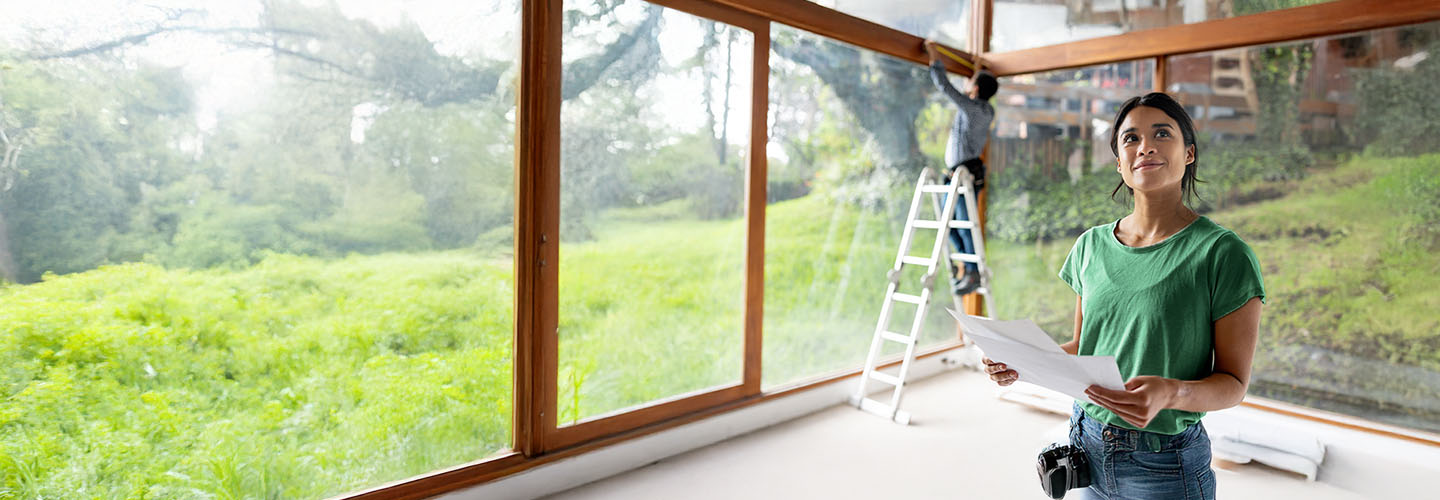Rental arrangements can cause more trouble than needed if you’re not careful – whether you’re the landlord or the tenant. Ideally, both the property owner and the person renting it should share an honest relationship with open lines of communication, so that the arrangement continues to benefit them both. Any minor problems can be sorted out before they become major issues.
But human nature being what it is, it’s easy for misunderstandings to occur, especially if landlord and tenant don’t have an open, friendly relationship. Often, neither party is a legal expert or has much experience entering into legal contracts. Headaches are almost certain if you don’t understand what you’re getting into, especially if you don’t know the laws regulating property rentals.
Fortunately, both tenant and landlord have common-law rights in South Africa, as well as those contained in the Rental Housing Act. If both parties know their rights when the rental agreement is made, you’re less likely to get into disputes over neglected responsibilities later.
What are your rights and responsibilities as a tenant?
As the tenant, you have certain rights and responsibilities that protect you and the landlord.
Your rights as a tenant include:
- having the structural upkeep of the property properly maintained by the landlord,
- security of stay if the property is sold while the lease agreement is in effect,
- not having the landlord enter the property without prior notice and approval,
- the right to dispute the lease agreement, and
- the right to give notice and terminate the lease before it expires (which might lead to penalty costs).
Under common law, your responsibilities include:
- paying the monthly rent agreed on in the lease agreement,
- paying the rent by the agreed date,
- fixing anything that you break during your stay that doesn’t fall under the structural upkeep (which is the landlord’s responsibility – things like the geyser, pipes, plugs, etc), and
- taking care of the property (including garden maintenance if applicable) and leaving it in the same condition in which it was received – that is, clean and with nothing broken.
Under the Rental Housing Act, you must:
- pay the monthly rent promptly,
- pay a deposit and first month’s rent before occupying the property,
- have an incoming and outgoing inspection with the landlord, if you rent directly from them, or with the estate agent who manages the property, and
- have agreed-on inspections throughout your stay to ensure that any issues are reported and taken care of by the landlord.
It’s important that your deposit is invested in an interest-bearing account to help maintain its value against inflation
What are your rights as the landlord?
As the landlord, you are allowed to:
- decide the monthly rent when negotiating the lease,
- receive the monthly rent on time and regularly,
- request a deposit, which you must invest in an interest-bearing account,
- claim compensation for any damage the tenant does to the property,
- decide on the length of the lease, and
- terminate the lease on fair grounds.
Even if you have the know-how, it might be best to have your property managed by a reputable rental agent. This involves paying a percentage of the rental income, but it makes managing the property easier because the rental agent takes care of any issues with tenants.
When you use a rental agent, you should expect them to:
- give you advice on a market-related rent,
- show and advertise the property,
- do credit checks on prospective tenants,
- draw up the lease agreement and have it signed,
- get the tenant’s deposit and invest it,
- manage the monthly rental payments, and
- ensure that the property is maintained and do routine inspections on your behalf.
A note on deposits
A deposit equal to one month’s rent is common, but larger deposits can be stipulated in the lease agreement. As a tenant, you get that deposit back at the end of the lease, provided you leave the property with no damages for the landlord to repair. Therefore, it’s important that your deposit is invested in an interest-bearing account to help maintain its value against inflation. The RHA gives you the right at any point during the term of the lease to request written proof of interest earned on your deposit from the landlord.
If you leave the property in a satisfactory condition, you are entitled to be paid the deposit and all interest earned within 7 days of the lease ending. If your landlord needs to deduct an amount to cover any repairs for which you are liable, the remainder of the deposit and any interest must be paid to you within 21 days of the lease ending.
Housing is an important part of our personal and financial security, so South Africans are fortunate to have clear, well-understood guidelines of what is expected of tenants and landlords alike. It’s best for both landlord and tenant to maintain a friendly relationship and sort out any disputes amicably – but it’s helpful to know your legal rights in case the other party adopts a stubborn or unreasonable attitude.
Did you know that on average, Nedbank pays out around R1.3 million a month in cash back on home loans? In 2025, we paid out more than R16 million in cash back on home loans. For an affordable home loan tailored to your circumstances and value-added extras like up to R20,000 cash back and a 50% discount on your attorney bond registration fees, choose the bank that’s best for your money.
This article is for general information only and does not constitute financial advice under the FAIS Act. Nedbank accepts no liability for any loss arising from reliance on this content. Please consult a qualified advisor before making financial decisions.








